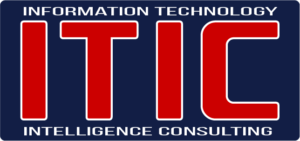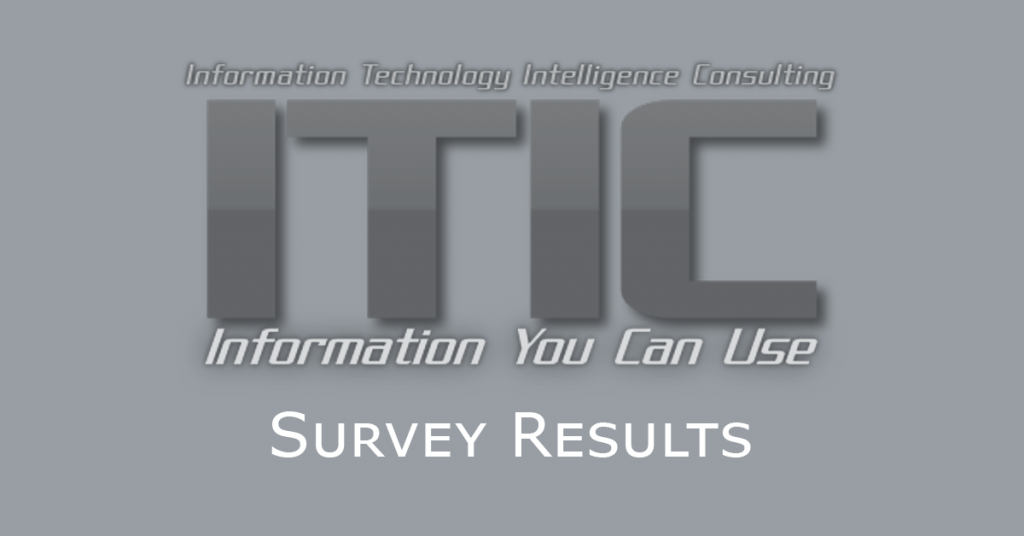Windows 8 Surface Tablet: Wait and See Attitude Prevails Users Want to be Wowed
ITIC’s Windows 8 Survey Data shows that companies and the industry at large is taking a “wait and see” attitude towards the Windows 8 Surface Tablet which Microsoft formally unveils this week.
Reviews so far have been mixed but there’s no doubt that this is Microsoft’s attempt to beat Apple at its own game in the tablet market AND one-up the iPad maker by delivering a tablet-like device that also has the power of a full-blown computer.
Hence, the mood is more cautious with respect to the Windows 8 RT Surface Tablet. This is Microsoft’s first foray into the tablet arena which is dominated by Apple’s iPad with 68% marketshare. Just over one third – 34% — of the over 500 ITIC survey respondents said their Windows 7 desktops were fine; another 24% indicated they’re already using the Apple iPad and are satisfied with its performance; 18% said other device purchases take priority and 16% said they were waiting to see how the Windows 8 Surface Tablet is priced. Ironically, only nine percent of survey participants said the Touch screen factored into their decision not to purchase the Windows 8 Surface Tablet. Interestingly, only 12% of survey participants said they would pass on the Windows 8 Surface Tablet because they’re already using an Android-based tablet. …
Windows 8 Surface Tablet: Wait and See Attitude Prevails Users Want to be WowedRead More »
Windows 8 Surface Tablet: Wait and See Attitude Prevails Users Want to be Wowed Read More »

